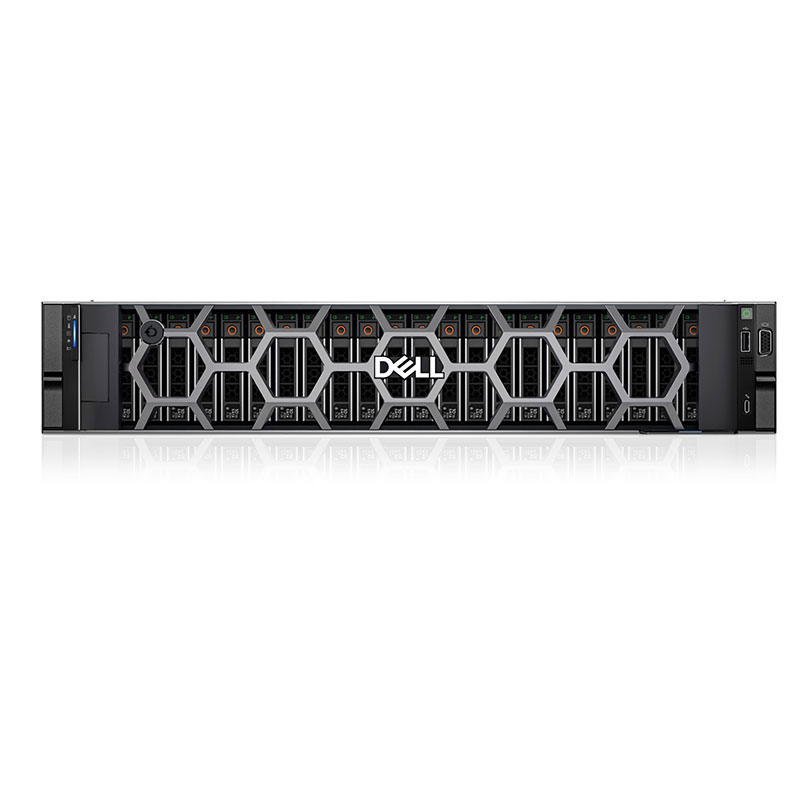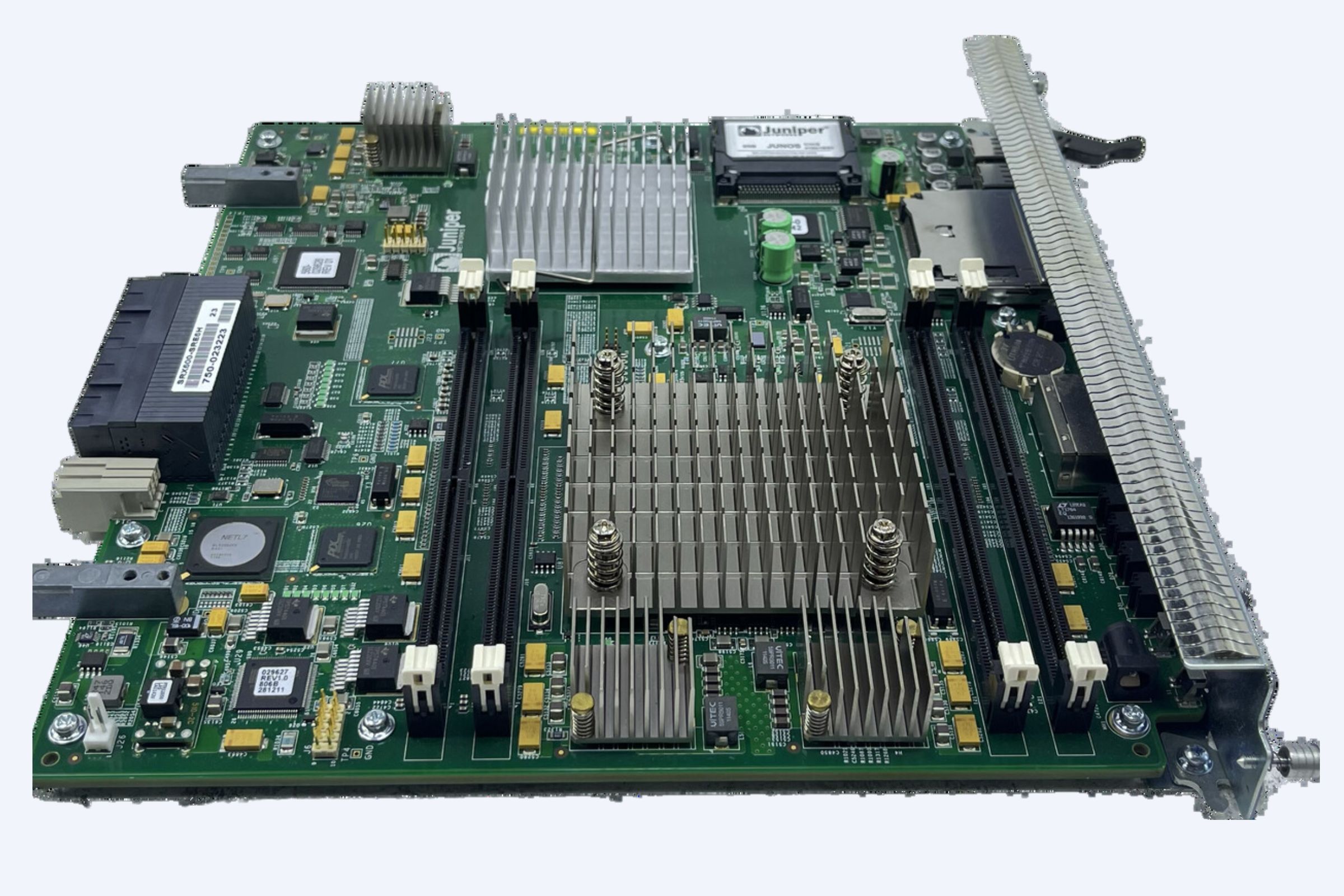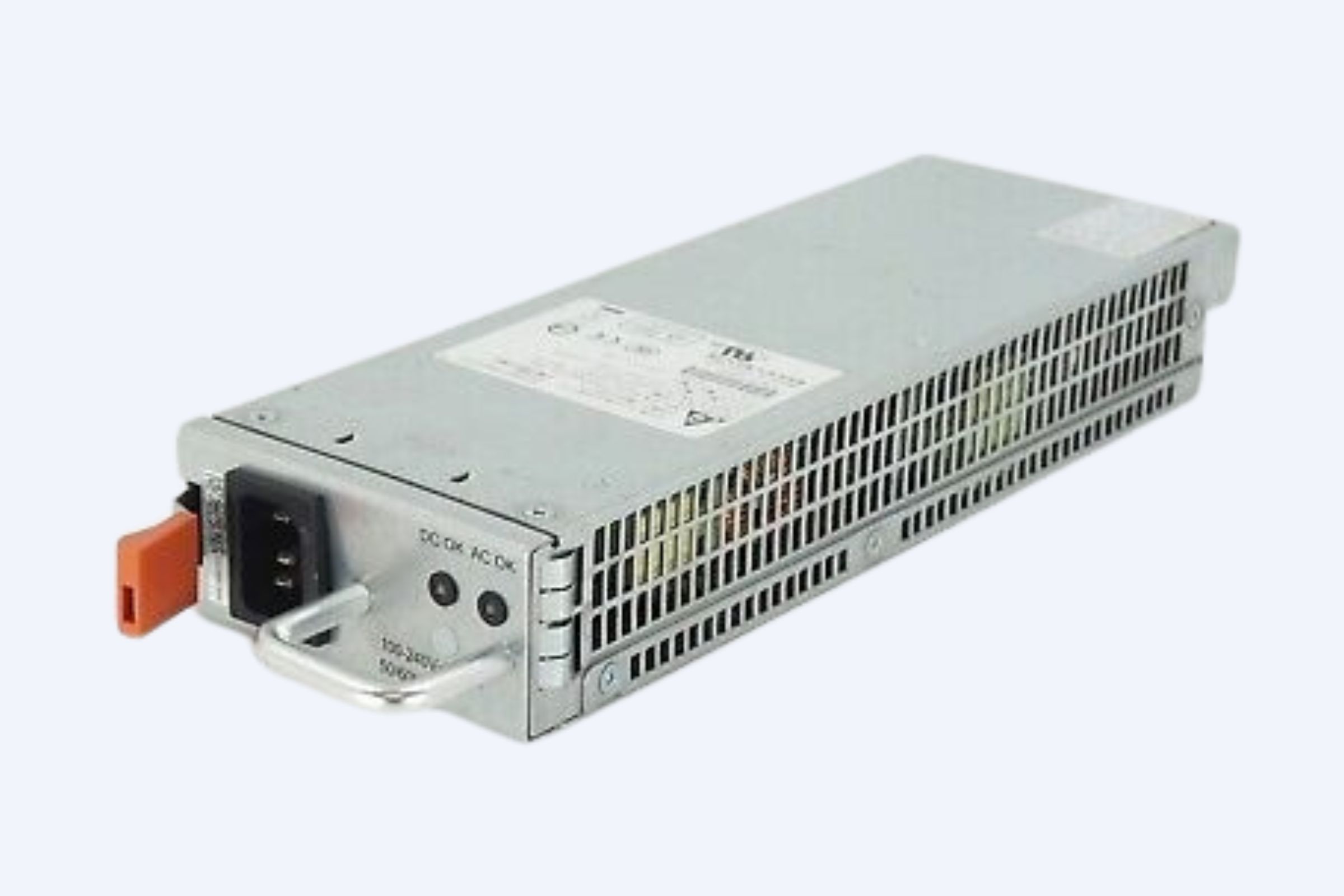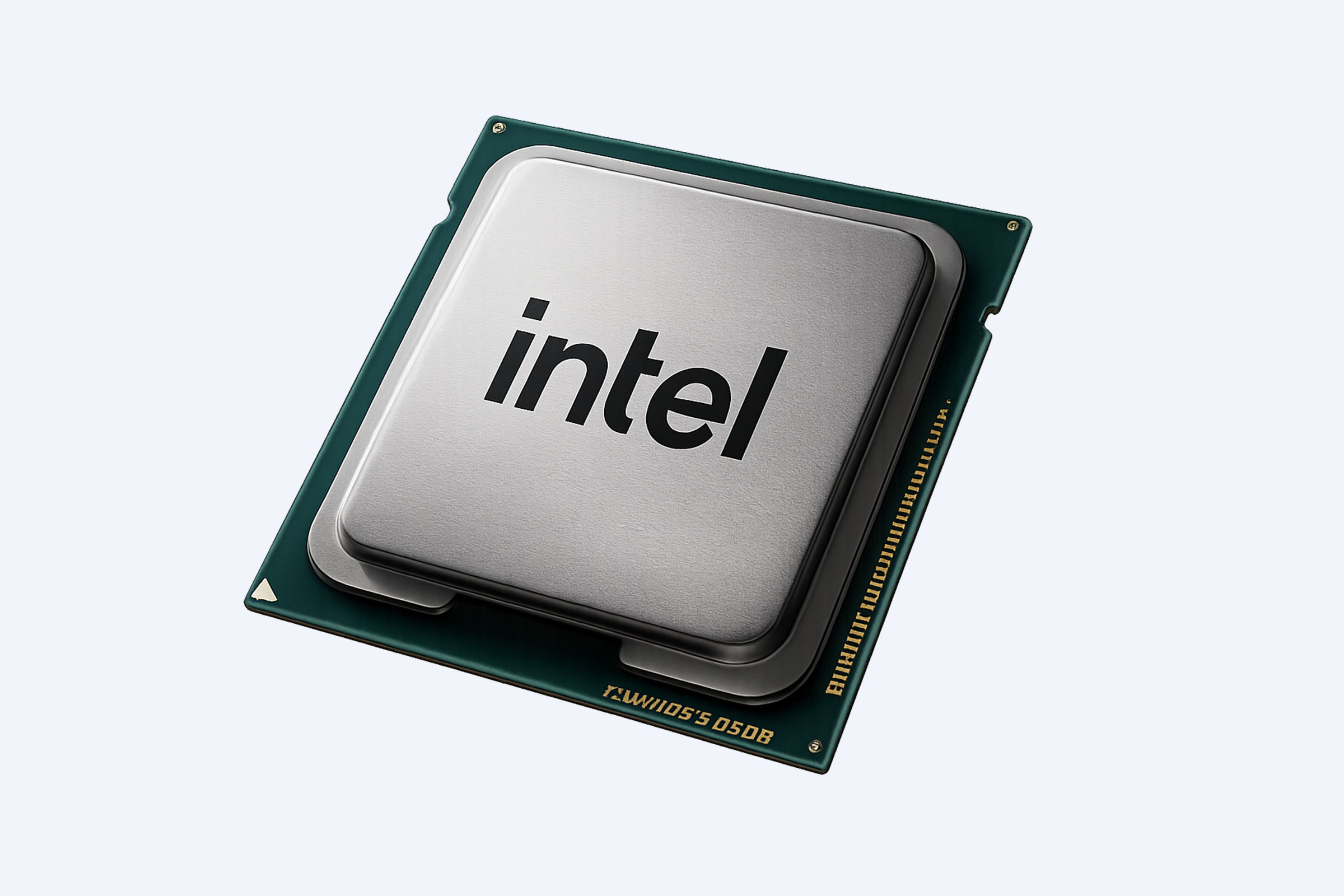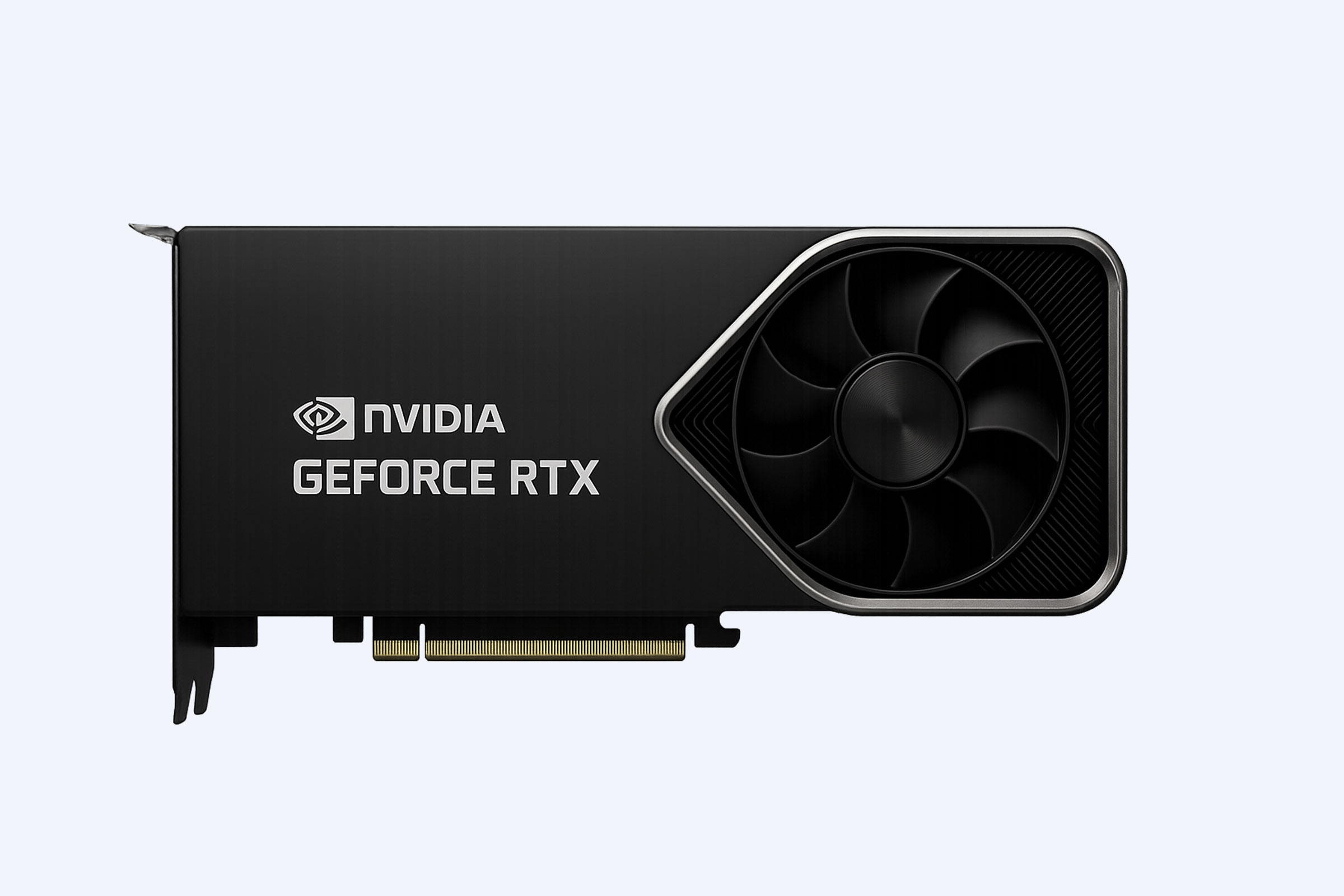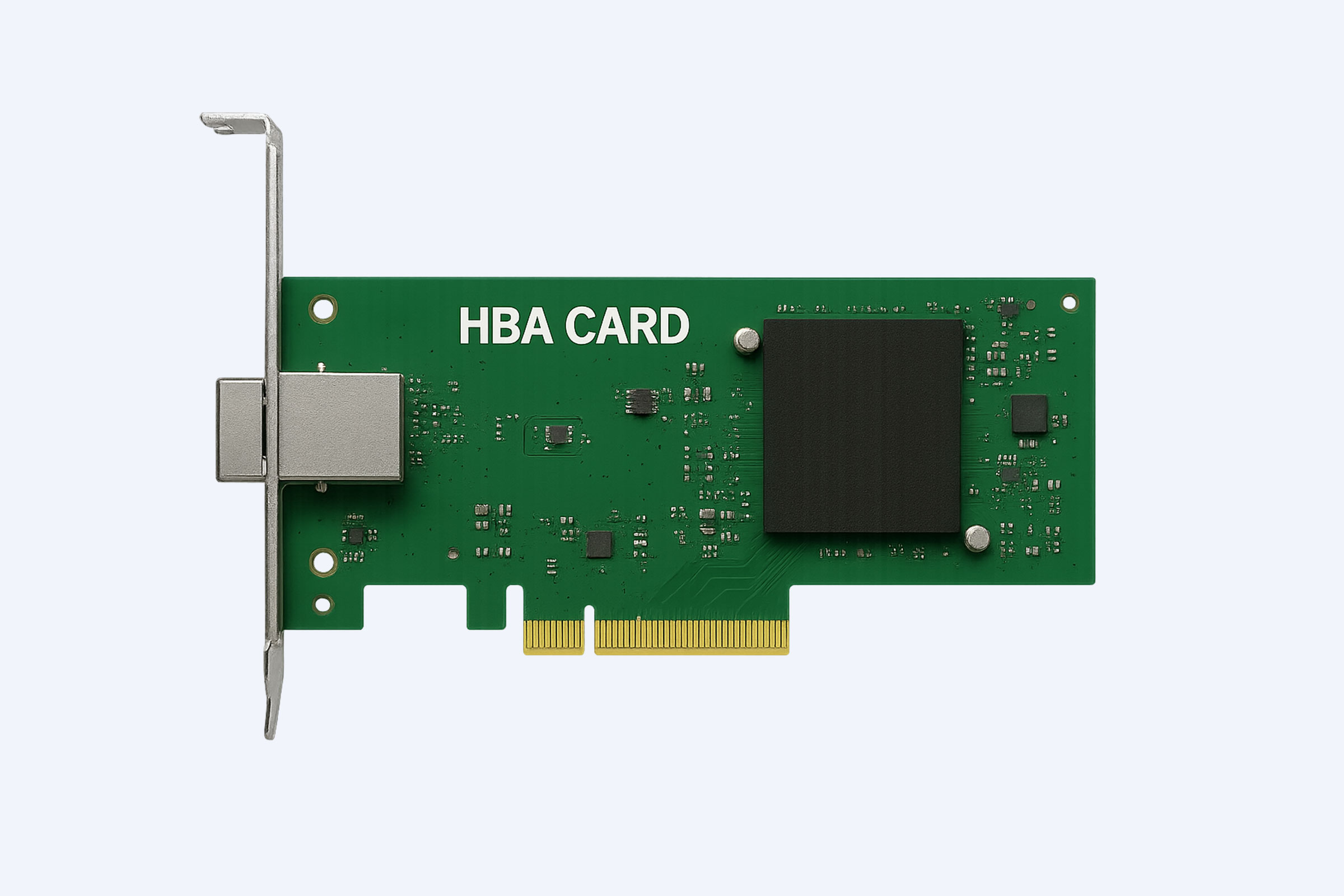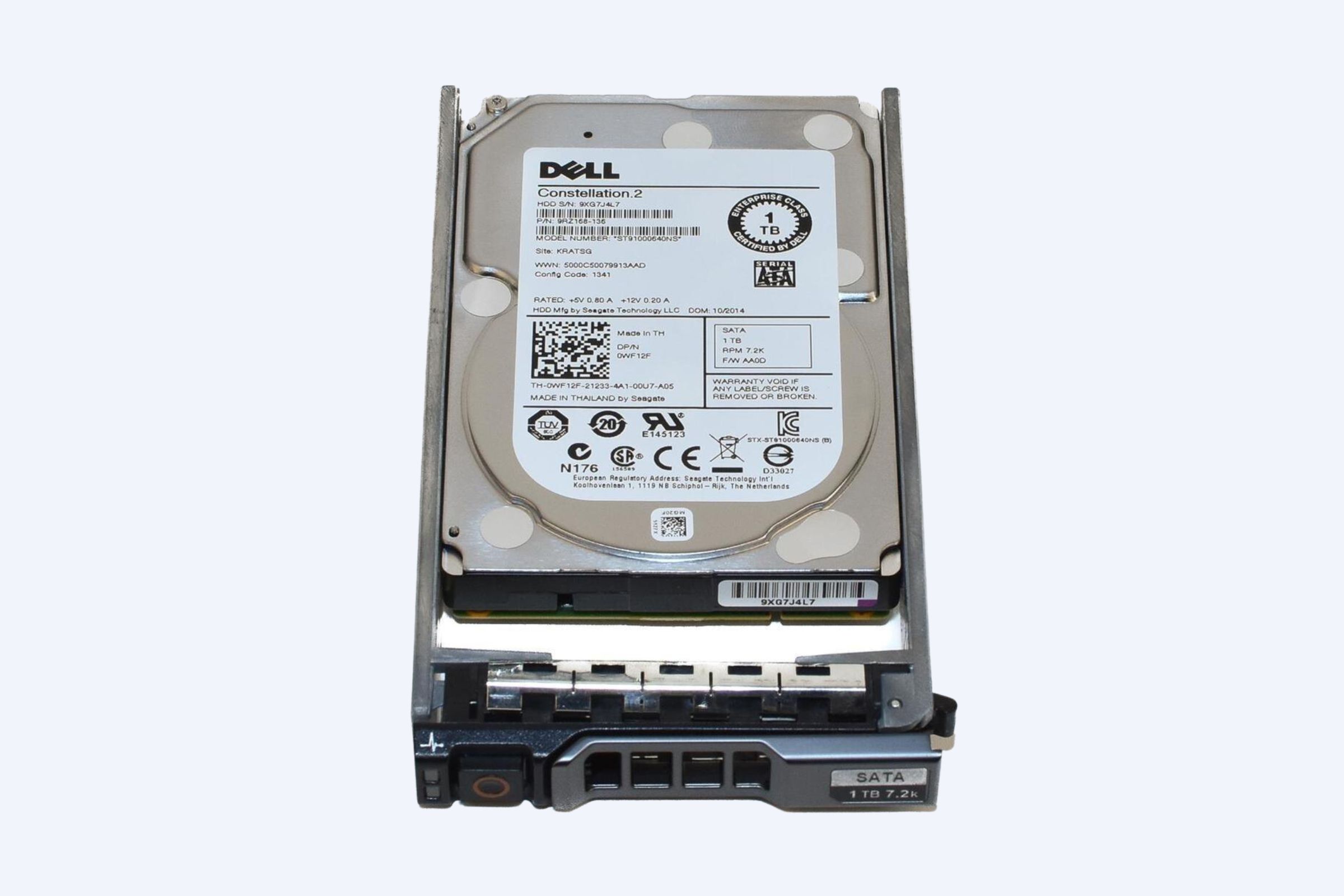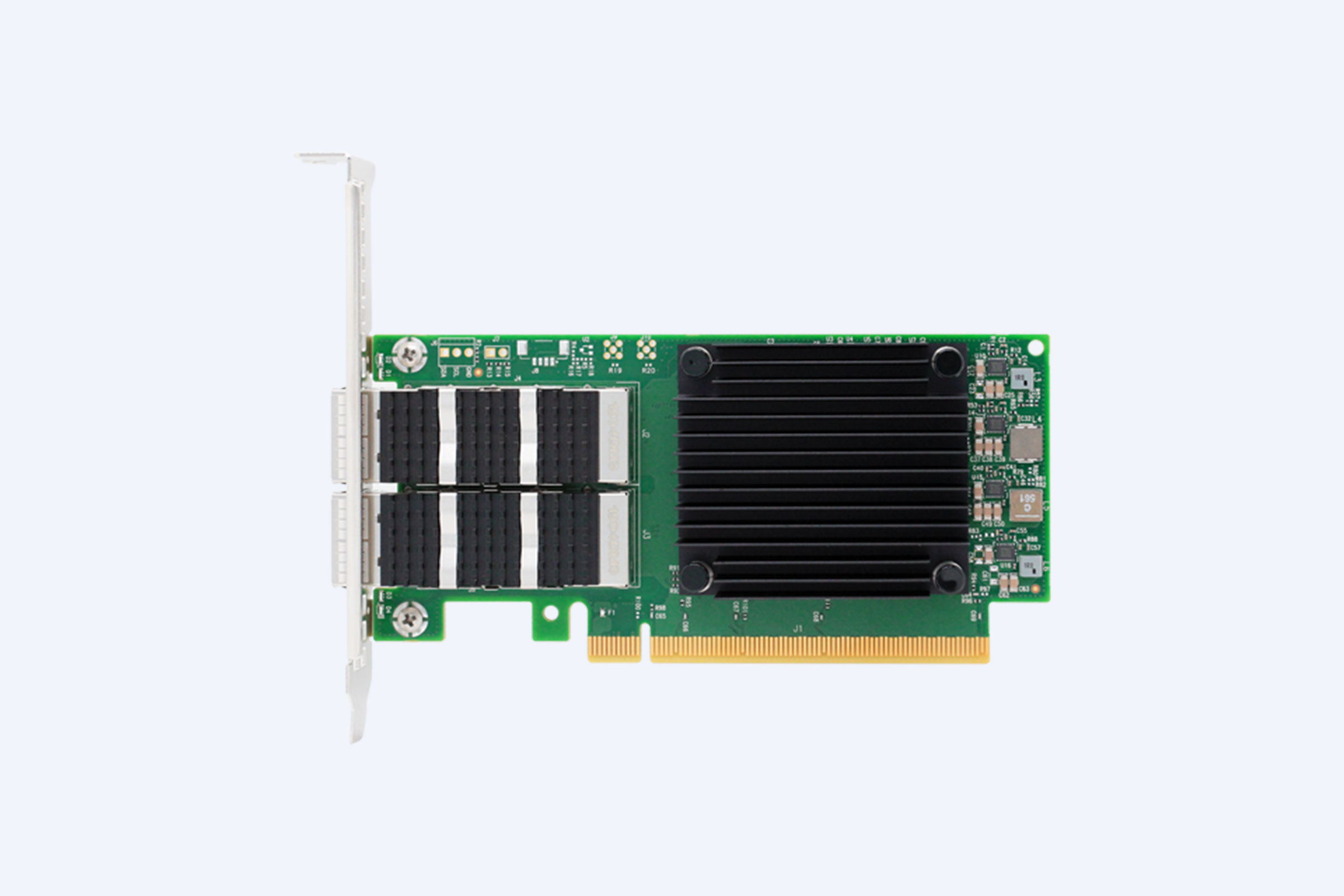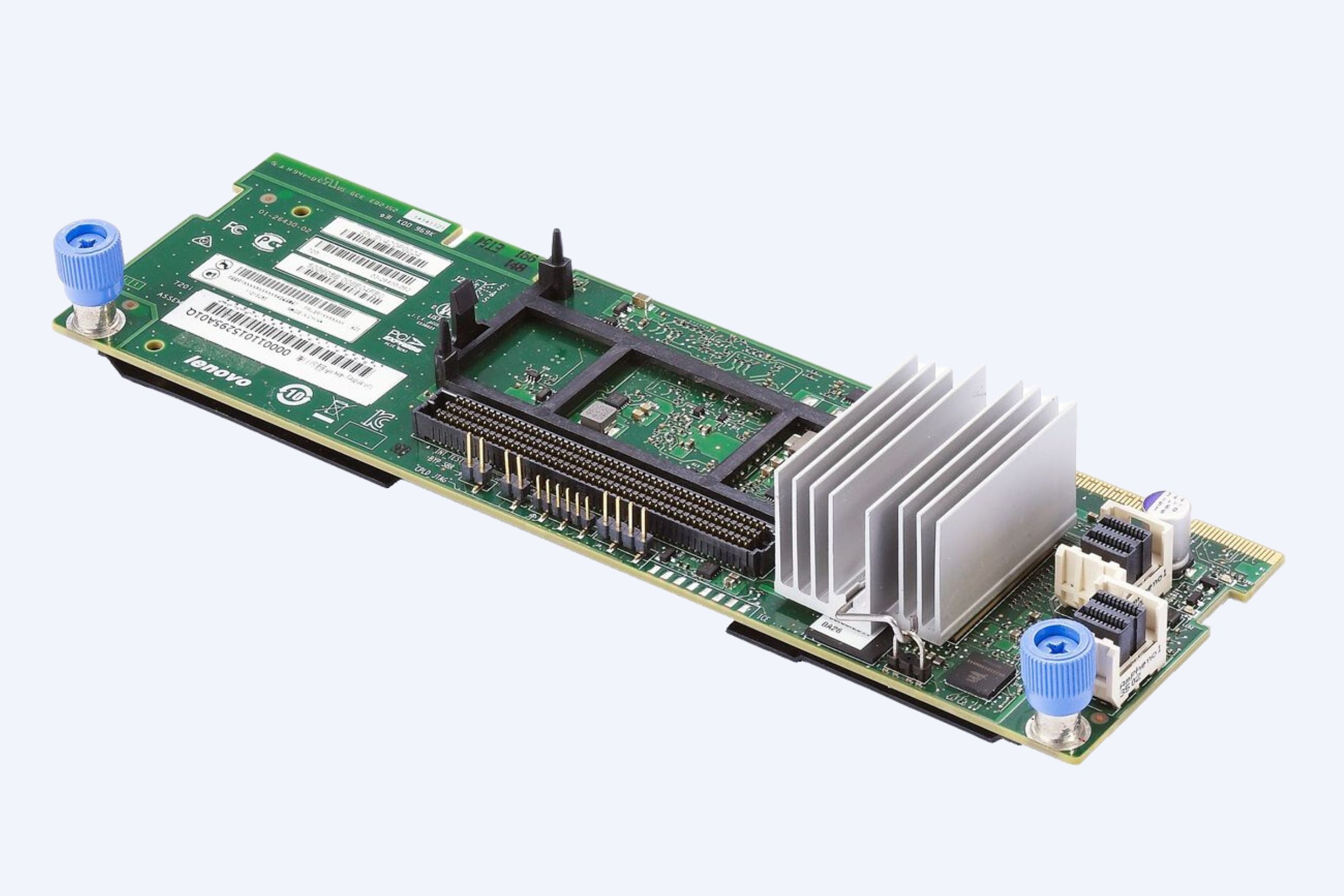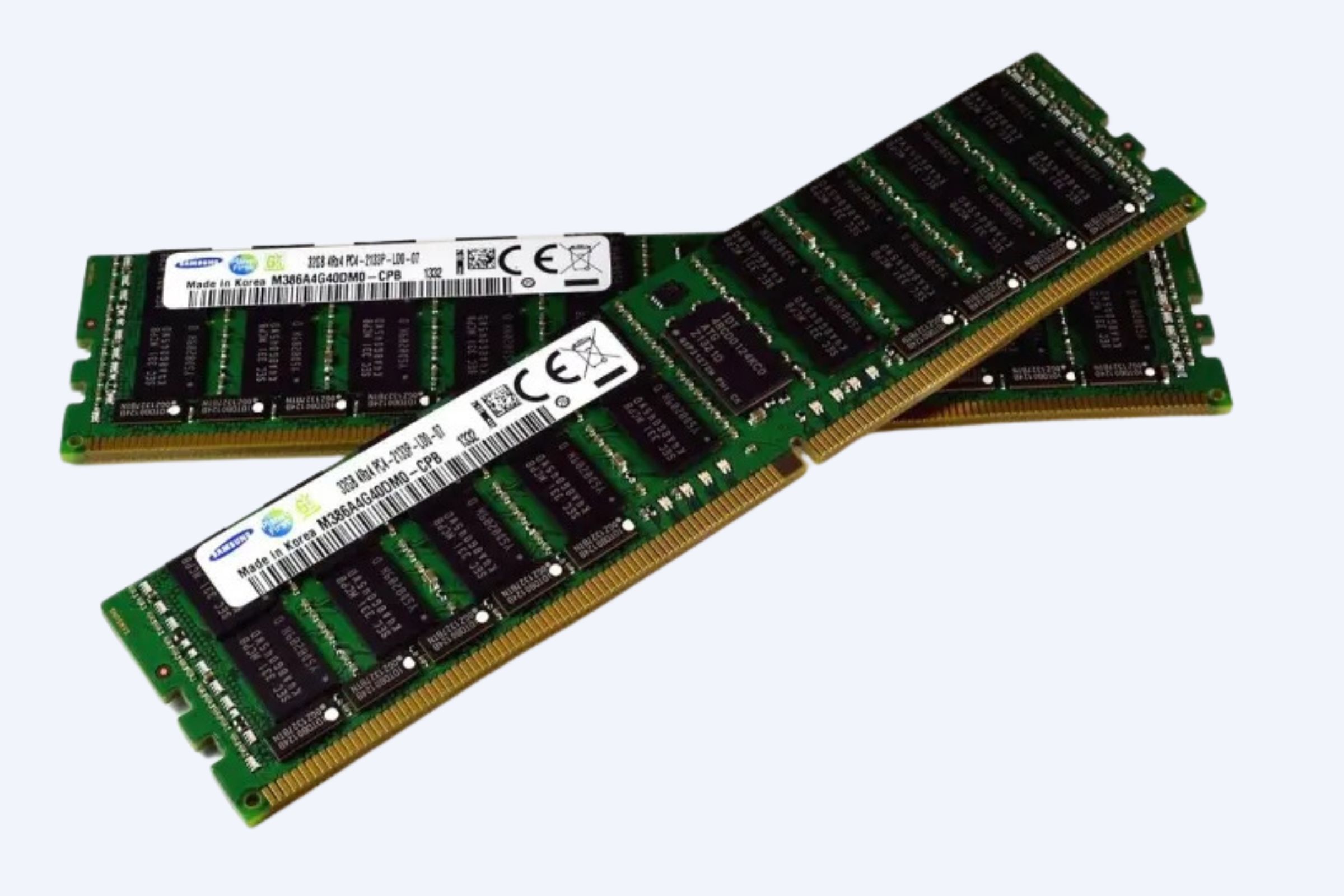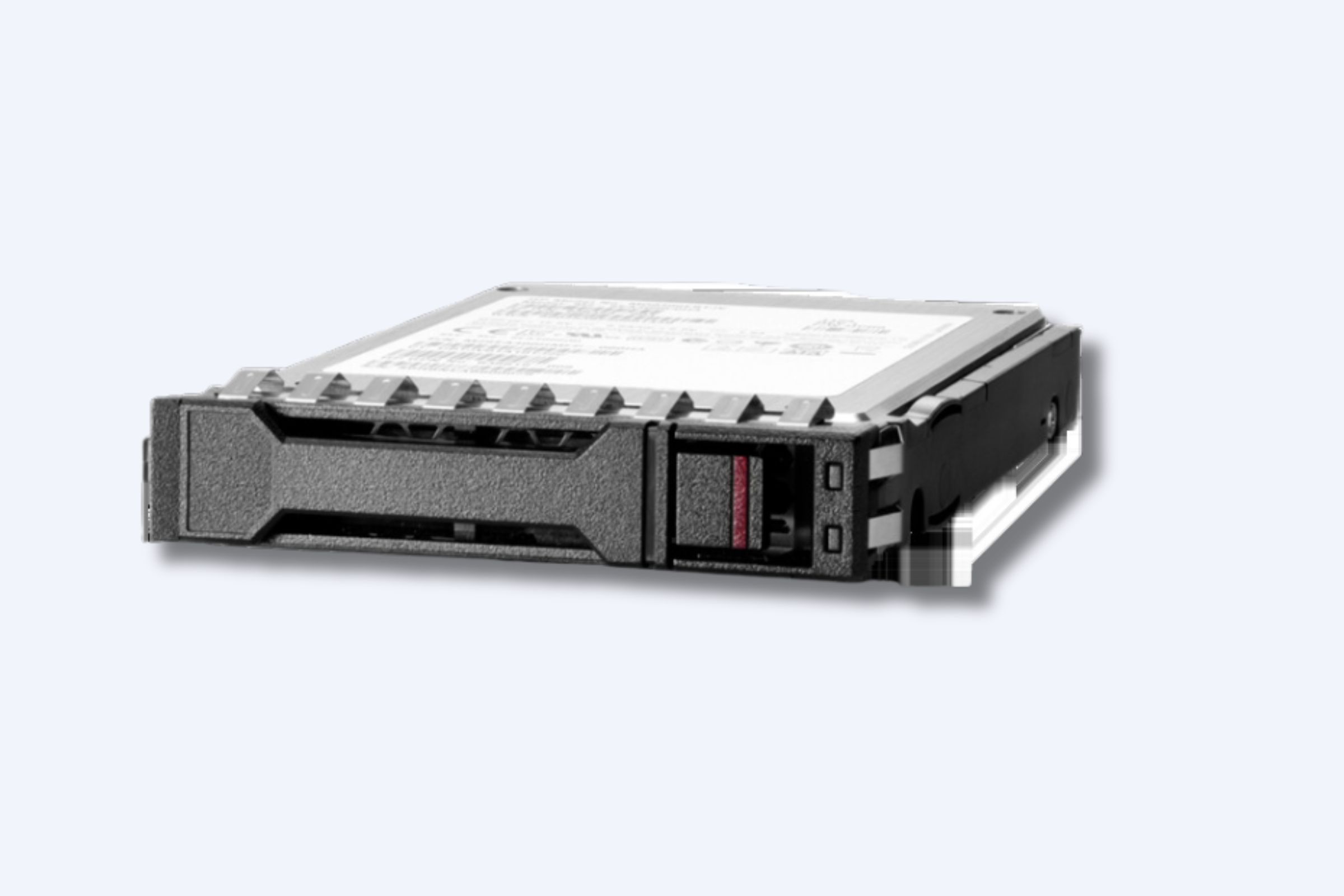NAS provides centralized, easy-to-access file storage ideal for small teams or home offices, while servers deliver full computing power for applications, virtualization, databases, and large-scale enterprise workloads. Businesses often deploy NAS for simple backup and sharing, whereas servers handle demanding IT tasks. WECENT helps enterprises select optimal solutions from brands like Dell, HPE, and Lenovo.
What Is a NAS Device?
A NAS (Network-Attached Storage) is a dedicated storage device connected to a network, enabling file sharing, backups, and media streaming for multiple users. It operates on a lightweight OS optimized for storage tasks.
NAS excels in small offices or home setups by combining drives into RAID arrays for redundancy. Many devices offer intuitive apps for remote access, synchronization, and automated backups. WECENT provides enterprise-grade NAS enclosures with reliable HDDs and SSDs, ensuring seamless data management with plug-and-play convenience, requiring minimal IT expertise.
What Defines an Enterprise Server?
An enterprise server is a high-performance computer designed to run applications, host services, manage networks, and process intensive workloads for multiple users. It supports virtualization, databases, and cloud environments.
Servers feature modular designs with upgradeable CPUs, RAM, GPUs, and storage bays for growth. Models like Dell PowerEdge R760 or HPE ProLiant DL380 Gen11 are capable of AI, big data, and virtualization tasks. WECENT customizes servers with NVIDIA RTX A6000 or H100 GPUs for enhanced performance, adding redundant power supplies and advanced cooling for 24/7 operation in enterprise data centers.
How Do NAS and Servers Differ in Purpose?
NAS is focused on file-level storage and sharing, while servers handle general-purpose computing including app hosting, database management, and virtualization. NAS is ideal for backups and media streaming; servers power business-critical operations.
NAS devices rely on simplified protocols like SMB or NFS and have limited processing capacity. Servers run full operating systems such as Windows Server or Linux, supporting virtual machines and complex workloads. WECENT recommends servers for growing enterprises needing flexibility beyond basic storage.
| Feature | NAS | Server |
|---|---|---|
| Primary Role | File storage/sharing | Multi-task computing |
| OS Type | Embedded/lightweight | Full-featured (Linux/Windows) |
| Scalability | Drive bays/RAID | Modular hardware/clustering |
| User Base | Small teams/homes | Enterprises/data centers |
| Customization | Limited apps | High (OEM options) |
What Are the Key Hardware Differences?
NAS uses compact hardware with multiple drive bays and low-power CPUs, whereas servers employ rackmount chassis, high-core processors, ECC RAM, and GPUs for demanding workloads.
NAS emphasizes low energy consumption and quiet operation with ARM or low-end Intel chips. Servers utilize Xeon or EPYC CPUs, terabytes of RAM, and PCIe slots for GPUs like NVIDIA A100. WECENT provides 16th and 17th Gen Dell PowerEdge and HPE ProLiant servers with redundant components for enterprise reliability.
How Does Performance Compare Between NAS and Servers?
Servers outperform NAS in speed, multitasking, and handling thousands of concurrent operations, while NAS excels in sequential file reads for storage.
NAS throughput ranges from 10–100Gb/s over 10/25GbE but is limited in CPU-intensive tasks. Servers equipped with InfiniBand or 100GbE NICs support virtualization, analytics, and AI workloads. WECENT configures HPE DL380 servers with RTX 4090 GPUs for AI acceleration, while NAS remains best for file sharing and backup purposes.
What Cost Factors Distinguish NAS from Servers?
NAS is more affordable upfront ($500–$5,000) with low maintenance, while servers cost $3,000–$50,000+ and require higher support. NAS suits budget-conscious small setups; servers justify investment for enterprise-grade performance.
NAS costs cover storage drives, whereas servers demand IT expertise, cooling, and maintenance. WECENT offers competitive pricing on Dell R760 or Lenovo ThinkSystem with OEM customization, reducing long-term costs. Power consumption comparison: NAS ~50W vs. server 1,000W+.
| Cost Element | NAS (Entry-Level) | Server (Enterprise) |
|---|---|---|
| Hardware | $1,000 | $10,000 |
| Annual Power/Maintenance | $200 | $2,000 |
| Scalability Add-Ons | $500/bay | $5,000/module |
| TCO (3 Years) | $2,000 | $20,000 |
When Should You Choose NAS Over a Server?
Choose NAS for simple file sharing, backups, or media streaming in small offices; deploy servers for application hosting, virtualization, and heavy workloads. NAS is user-friendly for non-IT personnel.
NAS is suitable for remote access and branch offices, while servers scale to petabytes in headquarters or data centers. WECENT suggests hybrid environments combining NAS and server solutions via iSCSI for optimized storage and computing.
Why Integrate Custom Servers for Enterprise Growth?
Custom servers provide scalable infrastructure for virtualization, AI, and big data, surpassing NAS limits in enterprise environments. They adapt to evolving IT requirements.
Servers support hyper-converged and cloud-ready setups. WECENT offers OEM services branding Dell PowerStore or HPE PowerFlex systems, integrating Cisco networking for seamless operations, future-proofing IT investments in sectors like finance and healthcare.
How Can Original IT Equipment Enhance Reliability?
Original hardware from authorized suppliers like WECENT ensures warranty-backed performance, compatibility, and durability. Counterfeit equipment risks downtime and failures.
Using genuine Dell EMC PowerScale or HPE ProLiant servers avoids disruptions. WECENT stocks 14th–17th Gen models, offering ISO-certified quality and support for NVIDIA H200 GPUs, ensuring reliable enterprise IT infrastructure.
WECENT Expert Views
“Choosing between NAS and servers depends on workload intensity. NAS handles basic file storage efficiently, but servers enable hybrid cloud, AI, and high-performance computing. Our deployments of Dell R7725 with NVIDIA B100 GPUs provide clients near-perfect uptime. Working with authorized suppliers like WECENT ensures OEM flexibility, safeguarding investments while supporting future IT growth.”
— Li Wei, WECENT Senior IT Solutions Architect
Key Takeaways and Actionable Advice
NAS and servers fulfill distinct IT needs: NAS for simple storage, servers for robust enterprise computing. Assess whether your business requires file sharing, app hosting, or virtualization. WECENT consults on Dell PowerEdge, HPE ProLiant, and NVIDIA GPUs to build reliable, scalable infrastructure. Start with a tailored audit to maximize performance and cost efficiency.
FAQs
Is NAS a server?
NAS is a specialized file server but lacks full computing versatility. Deploy full servers for broader IT functions.
Can I run applications on NAS?
Limited apps are supported; complex workloads require servers. Hybrid setups balance both needs.
Which is better for small businesses?
NAS covers basic storage. Upgrade to servers as requirements expand. WECENT provides cost-effective guidance.
How scalable are enterprise servers?
Highly scalable. Cluster Dell R760 or HPE DL380 servers for petabyte-level storage and virtualization.
Does WECENT provide NAS hardware?
Yes, alongside servers, storage arrays, and GPUs for complete enterprise IT solutions.



